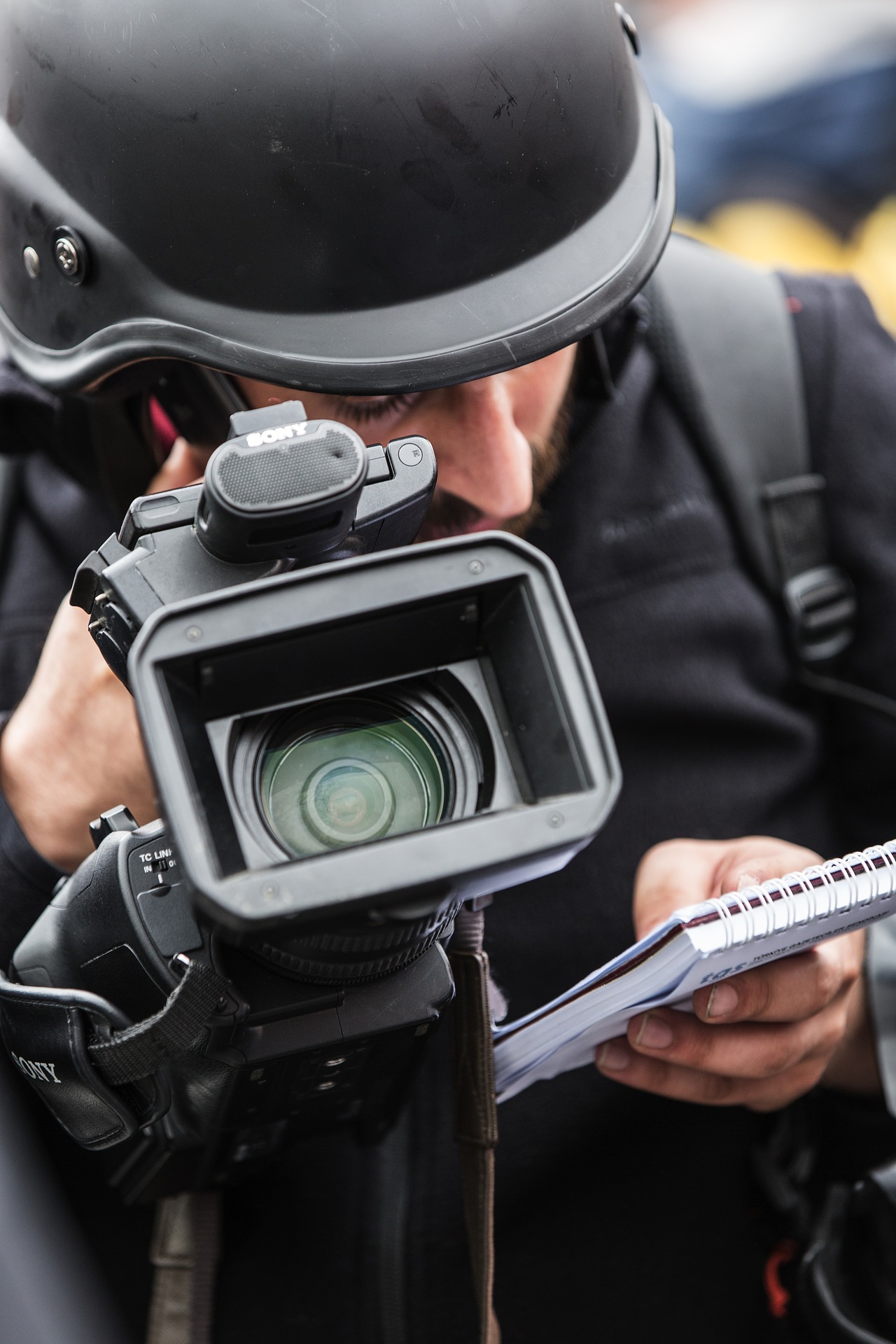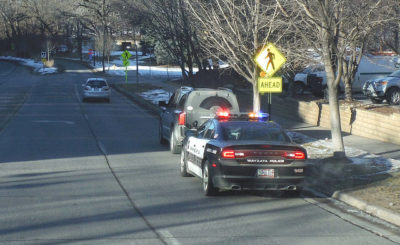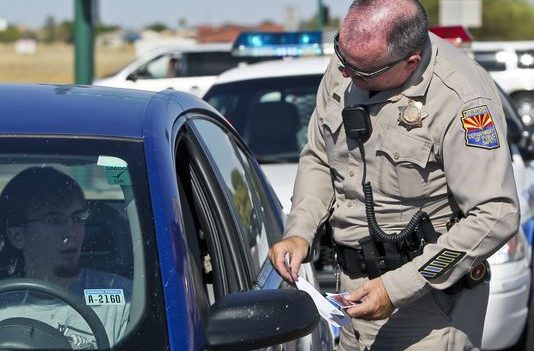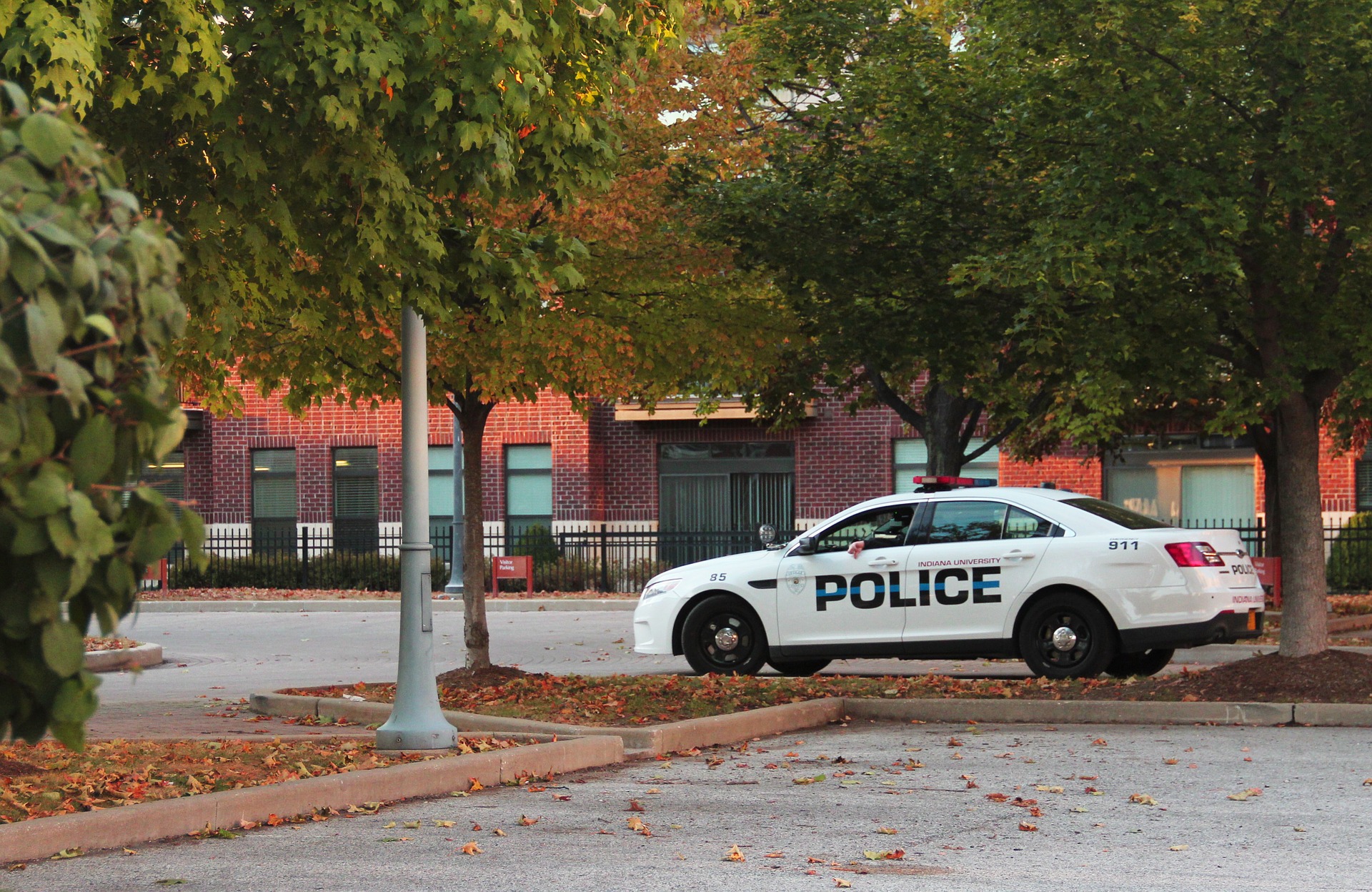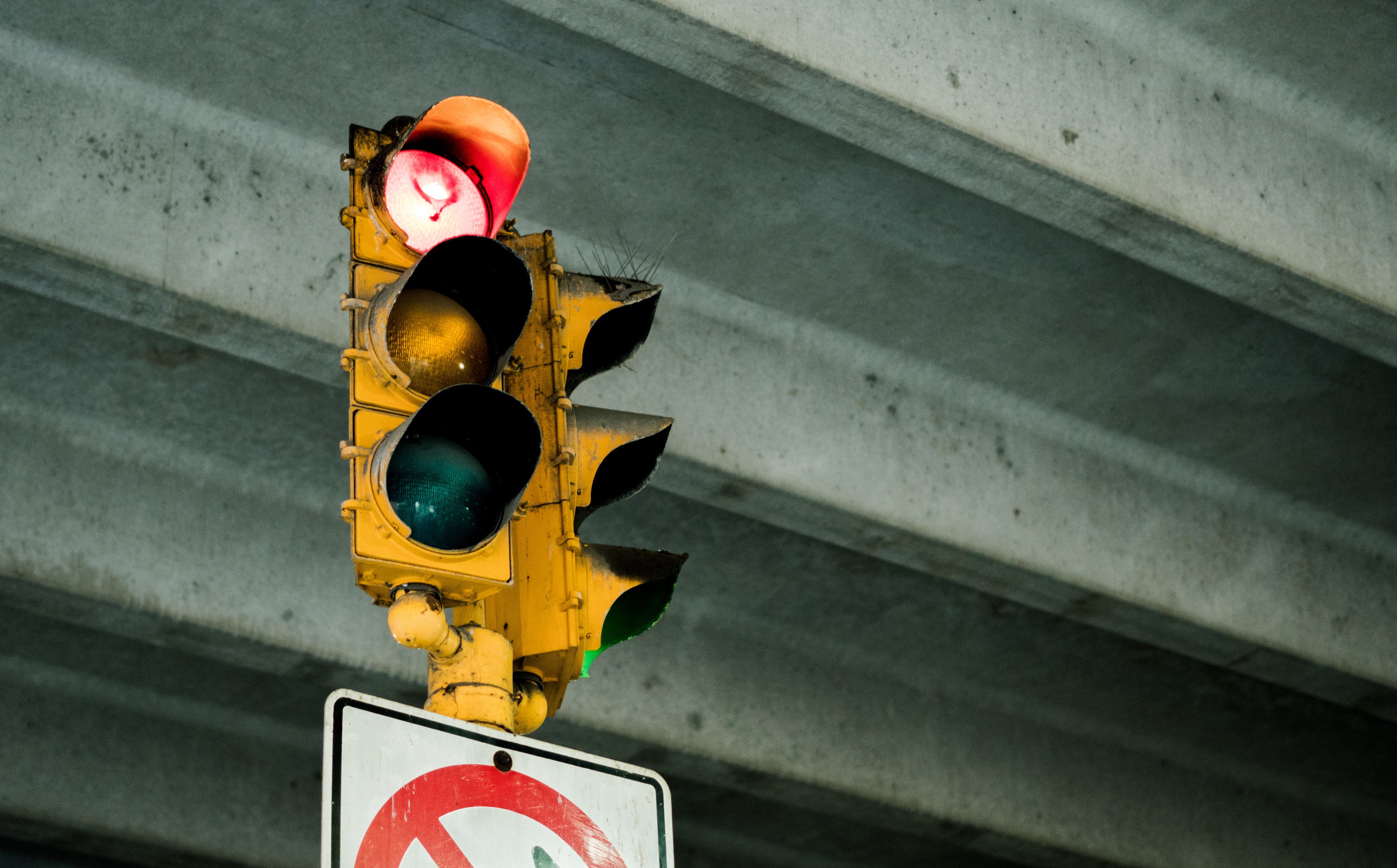What Are The Steps of Filing a Police Complaint
File A Police Complaint Step 1:
Obtain a police complaint form by visiting the police station where the officer works or another branch. Bring a friend with you as a witness or if you are really concerned, a small recorder should be in use the entire time you’re in the precinct. Most officers are professional so the recording is likely not necessary but better safe than sorry. Also grab extra forms so that you can use them for later use if necessary and that way you will not have to go back to the station when you file a police complaint. Also…always request for a formal investigation. If you would like information on what you should actually put in the police report, check out our article here.
File A Police Complaint Step 2:
Decide which category of police misconduct that the officer was involved in. There are about two different categorical constraints that misconduct fits in. This will help the board who reviews the file better determine the level of discipline that is necessary. An exact selection of misconduct or the specific description of the act also makes it difficult for an officer who is in the wrong to refute your statements. We recommend that you give great details and specifics when you file a police complaint.
- Minor Misconduct:
- Examples: Rudeness, disrespect to citizens, no common courtesy
- Usual Discipline: No formal disciplinary action, likely a meeting with a supervisor and noted in officers personal file.
- Serious Misconduct:
-
- Examples:
- Violation of regulations or policies,
- Breaking the law, any act that negatively would impact the integrity of law enforcement in the area,
- Lying in police reports or/ false arrest
- Destroying evidence
- Requesting private information
- Abuse of authority / Lack of Professionalism
- Violating the U.S. Constitution
- Assisting another officer in illegal conduct
- Carelessly driving a patrol vehicle
- Unnecessary force
- Acting like a bully (ridiculing, taunting, abusing)
- Officer on duty under the influence of alcohol or drugs
- Sexual, Racial, Gender Discrimination, and/or harassment
- Taking a bribe or soliciting for one
- Usual Discipline: Formal discipline, potential dismissal, reprimand, demotion.
- Examples:
-
What happens after I file an official complaint against a police officer?
If you or anyone you know has filed a complaint against a police officer you likely would like to know what steps are next. This is of course after you have obtained a complaint form, properly filled it out as we have noted you should in a previous article, and have properly turned in a copy (which you should have photo copied) or mailed a copy to the proper authorities. The following are the steps that occur after you have completed your and filed the complaint:
Steps After You File A Police Complaint
Step 1: Preliminary Review
- A ranking police official either a Sergeant or another officer/supervisor (and in some jurisdictions an entire board) will conduct a first or preliminary review of your complaint.
- If the allegations appear possible than they will forward it to a disciplinary board. They will only be forwarded if your allegations are specific.
- If they seem false the complaint will be dismissed or if the infractions were actually very minor in nature (ex. The officer failed to wear sunglasses when driving, or did not have his hat properly on his head) or are outlandish (ex. The officer is from space and forced you to attack him with his extraterrestrial powers).
Step 2: First Informal Investigation
- An informal investigation is simply when an officer undergoes a debriefing with their superior officer regarding your complaint. The officer merely has a meeting with their supervisor and they talk about ways in which they can improve but that is likely the extent of the discipline. However, if serious misconduct is involved or you requested a formal investigation than this step can be skipped.
Step 3: Formal Investigation
- The serious investigations are formal and are conducted by internal affairs, a officers supervisors, or a large board of the police agencies in your jurisdiction. The officer is prohibited from interviewing any witnesses or contacting them in relation to your complaint. In fact, the officer is not able to do any research or investigating into your complaint and to do so is of course another violation of your rights. Other officers that may have been involved even indirectly will also appear before the disciplinary authority for additional investigation by the board. After all the facts are identified the board will make a ruling about the officer’s disciplinary action and status within the precinct. You likely will be given notice about whether discipline has been handed down, but do not be surprised if they do not give you specifics.
Next Steps After You File A Police Complaint: Criminal or civil suits
If it is likely criminal charges will be pressed by the officer the city prosecutor’s office will be heavily involved. You may also be contacted by said prosecutors officer for assistance in regards to evidence or potentially testifying. If the officer is charged with a felony the officer will be suspended as well. If you believe not enough action was taken you your self could file a civil suit against the officer, the department, or the city where the officer works. We advise you talk to a local attorney to assist you in this process.
The US GOVT has also discussed police misconduct. You can find their take at their website here.
